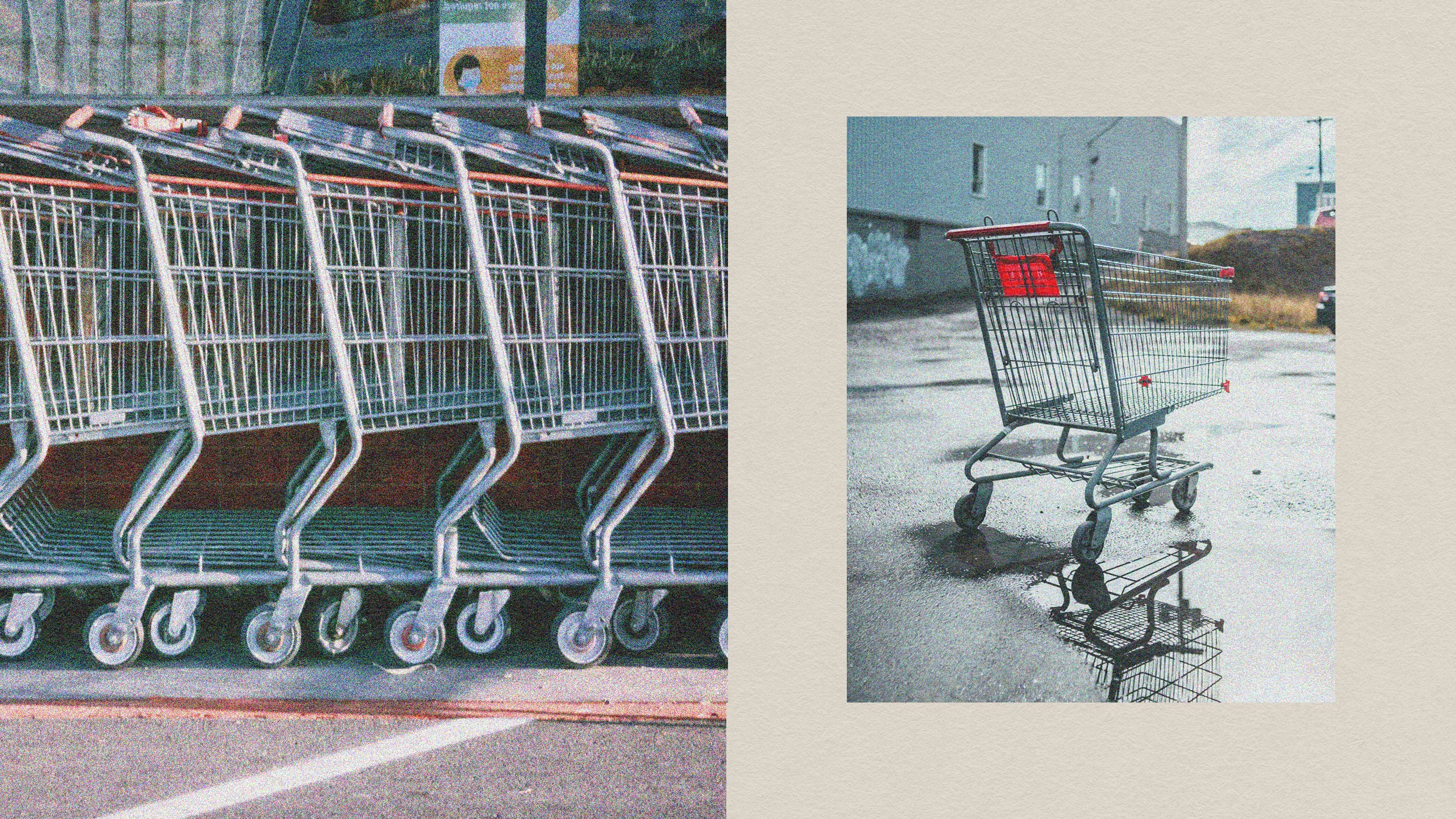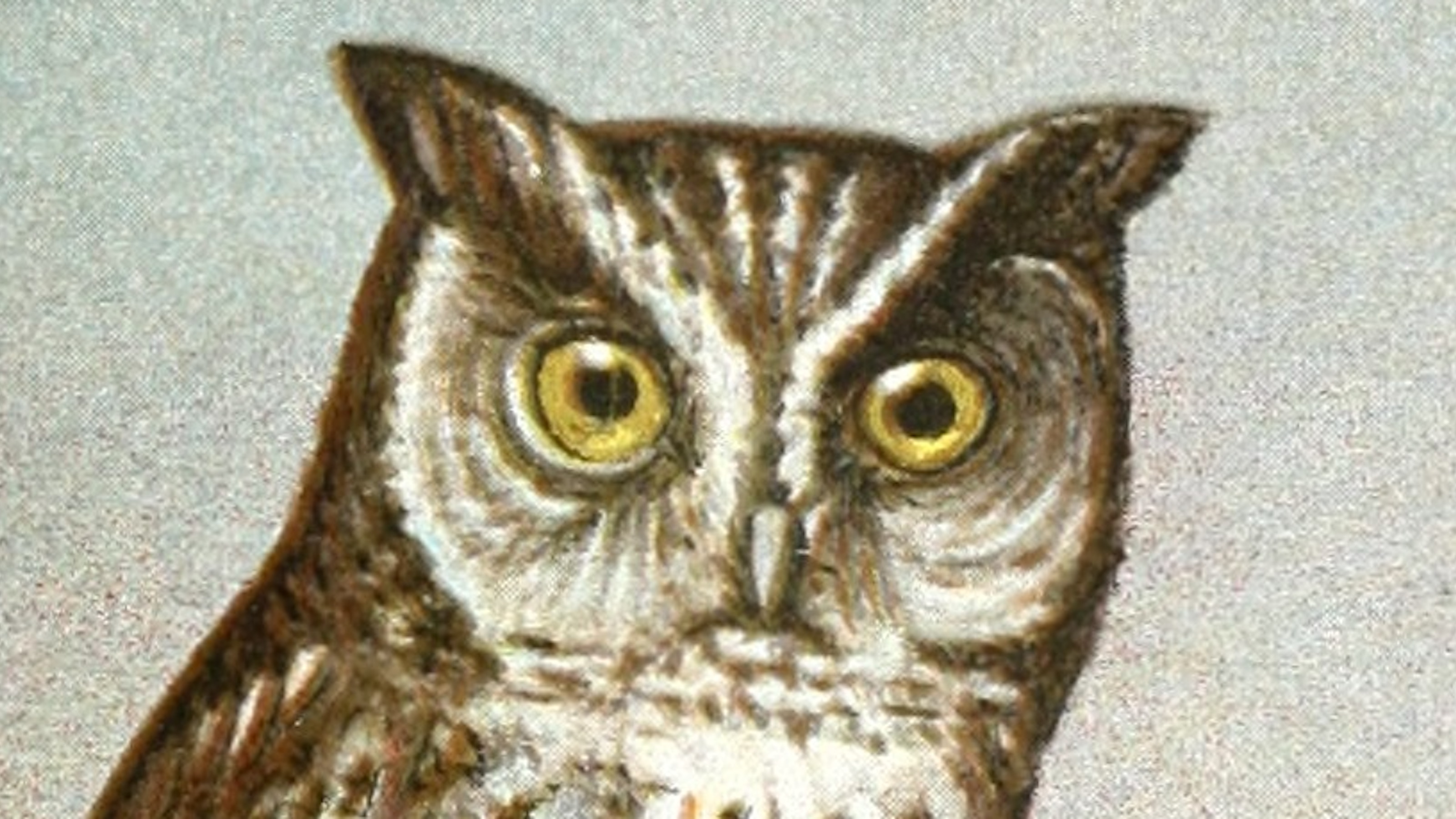From the carefully developed Google Wave to improvised adjustments to the Twitter phenomenon, Josh Cohen reveals what’s next for the search giant.
Question: How will Google augment its offerings in light of Twitter’s success?
Josh Cohen: Yeah, so I mean Google overall is -- you know, just recently rolled out integration of real-time search and taking Twitter and status updates and putting that in as one of the options within the Web. And obviously, I mean, not just Google News, but a number of different Google properties, are all very curious and beginning to think through, well, what does this mean for us? How do we take advantage of that? The way I think about it from the news side of it is, there are two aspects of it. One is just the content itself. I mean, is there value in those tweets? Or is it just sort of a stream of information that by itself just adds more noise to it? I think there's probably some of both. And that's a key part of what we try and do, is not just index the world's information, but also trying to organize it in some level. So applying that to real-time information is very challenging. So I think that's one thing that we're looking at.
The other part of it is just simply as another signal, of a way of sort of picking up those tweets about a certain topic or linking to a certain story. And is there a signal there that's helpful for us in trying to pick up information quicker, or trying to understand people's preferences for certain sources or for certain stories? And so even if you never even surface that information -- the real-time tweets that are there -- how can you leverage those signals to do a better job of presenting what you have on your own site? So I think both of those are areas that we are actively looking at and trying to figure out what's there. But I'm sure we'll put something out there, and maybe the first iteration will not work, but that's, I think, sort of the fun part about trying to see how you can move forward, and that makes things never dull.
Question: What is Google Wave, and what do you hope to accomplish with it?
Josh Cohen: Yeah, I mean I -- I don't know that in just a few seconds or minutes or probably hours I could explain what Wave is. I think that the idea behind Wave that was really interesting, it was, if e-mail didn't exist, how would you communicate? I think that was sort of the thought that a lot of the engineers started with with Google Wave, and really trying to re-imagine how people can communicate. So it's part e-mail, it's part chat, it's part collaborative documents. So it's kind of all of these rolled together, and it's one of these things you need to play around with it to really even begin to try and articulate what it is.
But that's one of the things, is that we've gotten a lot of interest from journalists saying we think this really fits well with how we do our job, and this is potentially a tool that we would want to take advantage of to tell stories, to create that, to create stories in a different way than how we do it right now, even though it sort of fits with the way we gather facts and information and check sources. Like how do we sort of migrate that to the Web and make it a much more of an open process? I think Wave is still at the early stages to try and figure out how it's going to be used, and journalism is just sort of one of the things that we've seen a few different organizations beginning to play around with. Don't know what's ultimately going to happen with either Wave, the larger discussion, and also specifically around journalism.
Question: What exciting ideas are on the horizon for Google?
Josh Cohen: Well, it certainly -- I mean, the things that I talk about, some of those trends about personalization -- I mean, that's a big one for us. And the social nature of news too. I mean, I think those are things that we've had in bits and pieces, but I don't think we've necessarily gotten it all together. It's tough; I mean, it's really hard when you talk about personalization; even explicit personalization is not easy to do well. And even if you get those signals from users, trying to make sure that you get them right and you interpret them in the right way -- that's not an easy challenge, to say nothing of the whole idea of implicit personalization, of just saying, I come to the Web site; you should know what I'm supposed to -- what I want to read. Needless to say, that's even trickier. So those are some of the things that we're really thinking about, and how do you present them in a meaningful way to our users.
Question: What will your users’ experience look like in 5 years?
Josh Cohen: Yeah, well, there's a balance, because I think you don't want to have the sort of echo chamber, where you're just getting that same news and information from the same sources and people that you've always gotten before. I think you really want to try and have that balance of information that's personalized to you, but sort of at the same time you don't want to lose the serendipity, and also the important news and information that you need to know -- you may not want to read this, but you need to know this. And so those are some of the things that I think are -- you know, can be challenging on the Web, especially the serendipity of it, like I was not searching for this, I didn't know that I wanted to read this, but I'm glad that I found this on my -- you know, on my site.
That's much easier to do right now in a paper. I mean, you sort of pick it up, you see the top stories of the day, but here's an article the editor has decided to place on the front page because they think it's important or they think that it is interesting. How do you introduce that online? So those are some of the things you need to balance with that, you know, really personalized news stream, with other things that just, you know, you may not know that they matter, or rather you may not be thinking them through to sort of say I want to search for it or I want to subscribe to this feed, but how do I get that in front of -- it's important that I get that in front of the user.





